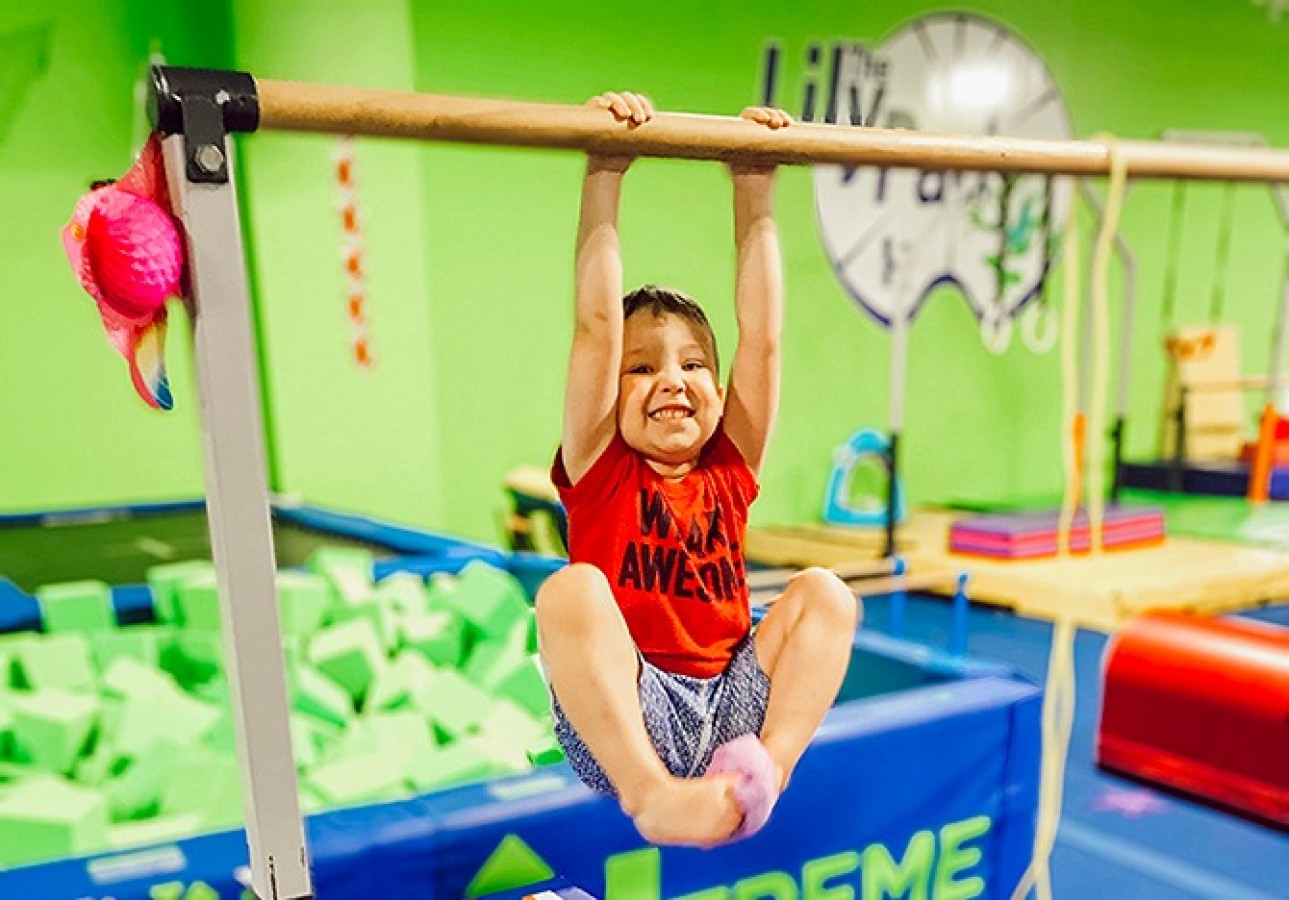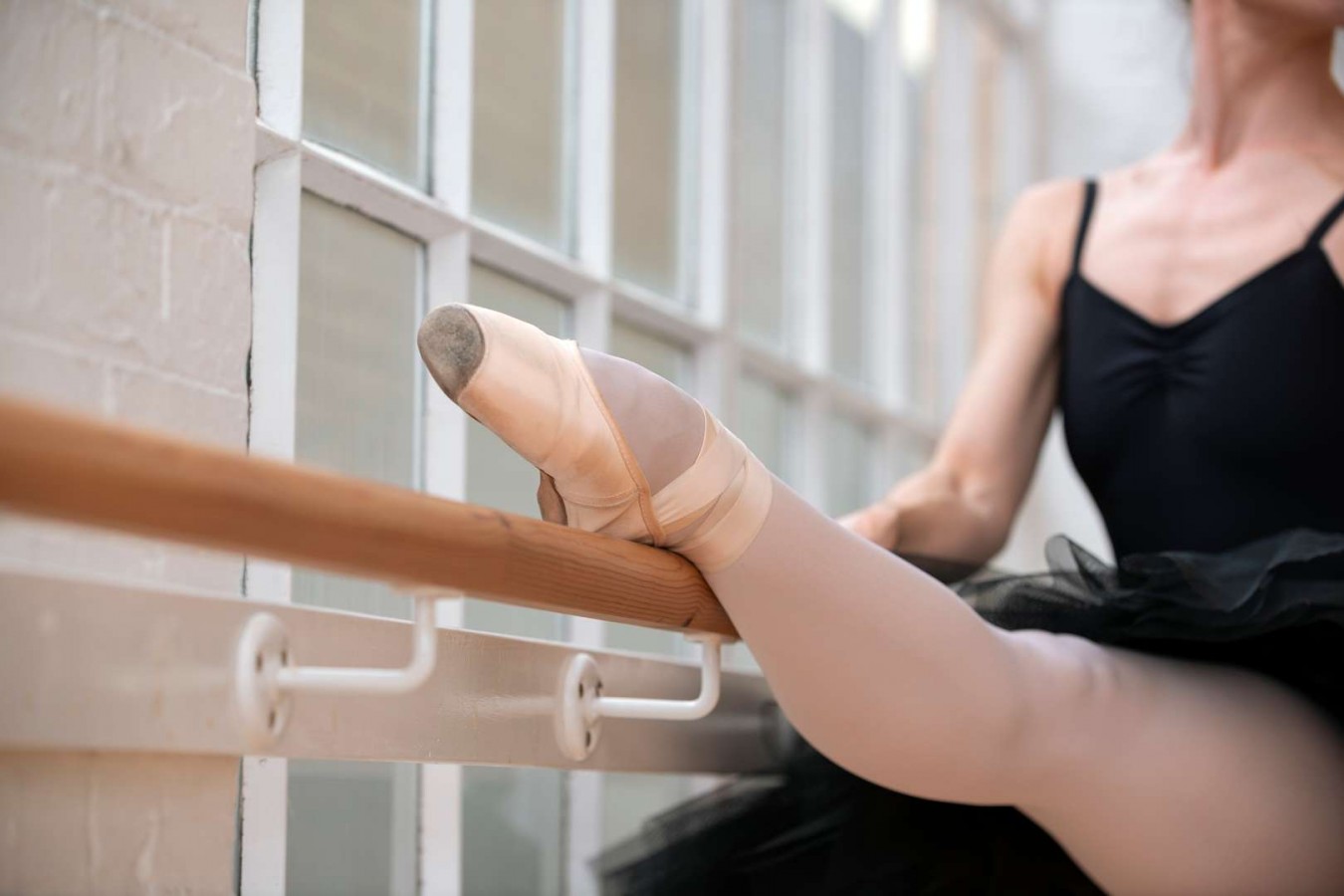The Benefits of Gymnastics For Preschoolers: Enhancing Cognitive, Social, and Emotional Development

As parents, we always strive to provide the best opportunities for our children to grow and develop. While traditional sports like soccer and basketball are excellent for physical development, gymnastics offers a unique set of benefits for preschoolers.
Engaging in gymnastics at an early age not only fosters physical strength and coordination but also enhances cognitive, social, and emotional skills. In this article, we'll explore the myriad benefits of gymnastics for preschoolers and why it's a valuable activity to consider.
Benefits of Gymnastics For Preschoolers
Gymnastics for preschoolers offers a plethora of benefits that extend beyond physical fitness. Through engaging in gymnastics activities, preschoolers can significantly enhance their cognitive, social, and emotional development.
Here are further explanations on the benefits of gymnastics for preschoolers:
A. Cognitive Development
Gymnastics for preschoolers involves a variety of movements and exercises that stimulate cognitive development in several ways:
1. Spatial Awareness
Gymnastics routines often require children to navigate through spaces, jump over obstacles, and perform movements in different directions. This enhances their spatial awareness and understanding of their surroundings.
2. Problem Solving
Learning gymnastics skills involves breaking down movements into smaller components and understanding the mechanics behind each action. Preschoolers will develop problem-solving skills as they figure out how to execute movements and overcome challenges.
3. Memory and Sequencing
Gymnastics routines often involve memorizing sequences of movements and performing them in a specific order. This strengthens preschoolers' memory skills and ability to sequence tasks which is a fundamental cognitive skill that carries over to various aspects of life.
4. Focus and Concentration
Mastering gymnastics skills requires concentration and focus. Preschoolers learn to pay attention to instructions, follow through with movements, and stay engaged throughout the session, which promotes the development of attentional skills.
B. Social Development
Participating in gymnastics classes provides preschoolers with valuable opportunities for social interaction and skill development, such as:
1. Teamwork and Cooperation
Many gymnastics activities involve partner work or group exercises, fostering teamwork and cooperation among preschoolers. They learn to communicate, collaborate, and support each other as they work towards common goals.
2. Building Friendships
Gymnastics classes bring children of similar ages together, creating an environment where they can form friendships and social connections. Sharing experiences and accomplishments in class can strengthen bonds and social skills.
3. Respect and Sportsmanship
Gymnastics teaches preschoolers the importance of respect, both for their coaches and fellow gymnasts. They learn to listen to instructions, take turns, and applaud others' achievements, cultivating good sportsmanship from an early age.
4. Peer Learning
In a gymnastics setting, preschoolers have the opportunity to observe and learn from their peers. Watching others perform skills and receive feedback helps them understand concepts better and motivates them to improve their own abilities.
C. Emotional Development
Gymnastics can have a profound impact on preschoolers' emotional well-being and self-confidence. It can affects preschoolers in term of their emotional development namely:
1. Self-Esteem
As preschoolers learn new skills and overcome challenges in gymnastics, they gain a sense of accomplishment and boost their self-esteem. Celebrating their progress and achievements reinforces a positive self-image and confidence in their abilities.
2. Emotional Regulation
Engaging in physical activity like gymnastics helps preschoolers regulate their emotions and energy levels. It provides a healthy outlet for pent-up emotions, reduces stress, and promotes emotional stability.
3. Resilience and Perseverance
Gymnastics teaches preschoolers the value of resilience and perseverance in the face of setbacks. They learn that making mistakes is a natural part of the learning process and develop the resilience to keep trying until they succeed.
4. Body Awareness and Confidence
Through gymnastics, preschoolers become more aware of their bodies and how they move. Developing strength, flexibility, and coordination enhances their body confidence and overall sense of well-being.
Enroll Your Kids to Gymnastics Now!
Gymnastics offers a multitude of benefits for preschoolers beyond physical fitness. By engaging in gymnastics classes, children can develop cognitive, social, and emotional skills that lay the foundation for lifelong learning and success.
If you're considering enrolling your preschoolers into gymnastics, Rockstar Academy stands out as a premier choice for nurturing your child's physical, social, and emotional development.
With a focus on creating a safe and engaging environment, Rockstar Academy offers a variety of physical activity programs, including gymnastics, designed to enhance your child's skills and abilities.
Through structured lessons and themed activities, students at Rockstar Academy explore the fundamentals of gymnastics while having fun and building confidence.
Additionally, you can complement your child's gymnastics experience with other early childhood education classes such as Dance, Ballet, or Multi-Sports, providing a well-rounded foundation for their growth and development.
Don’t forget to claim your free trial class at Rockstar Academy and watch your preschooler flourish both on and off the mats!
FAQs
At what age can my child start gymnastics?
Preschool gymnastics classes are typically designed for children aged 18 months to 5 years old. Some programs offer parent-child classes for younger toddlers to introduce them to basic movements and activities.
Do children need prior experience to join a gymnastics class?
No prior experience is necessary for preschool gymnastics classes. These classes are designed to introduce young children to basic gymnastics skills in a safe and supportive environment.
Is gymnastics safe for preschoolers?
When taught by qualified instructors and conducted in a properly equipped facility, gymnastics is generally safe for preschoolers. Coaches emphasize proper technique, spotting, and equipment safety to minimize the risk of injury.
How can I support my child's gymnastics journey at home?
Encourage your child to practice balance, coordination, and flexibility through age-appropriate activities such as stretching, jumping, and climbing. Cheer them on and celebrate their progress to keep them motivated and engaged.



